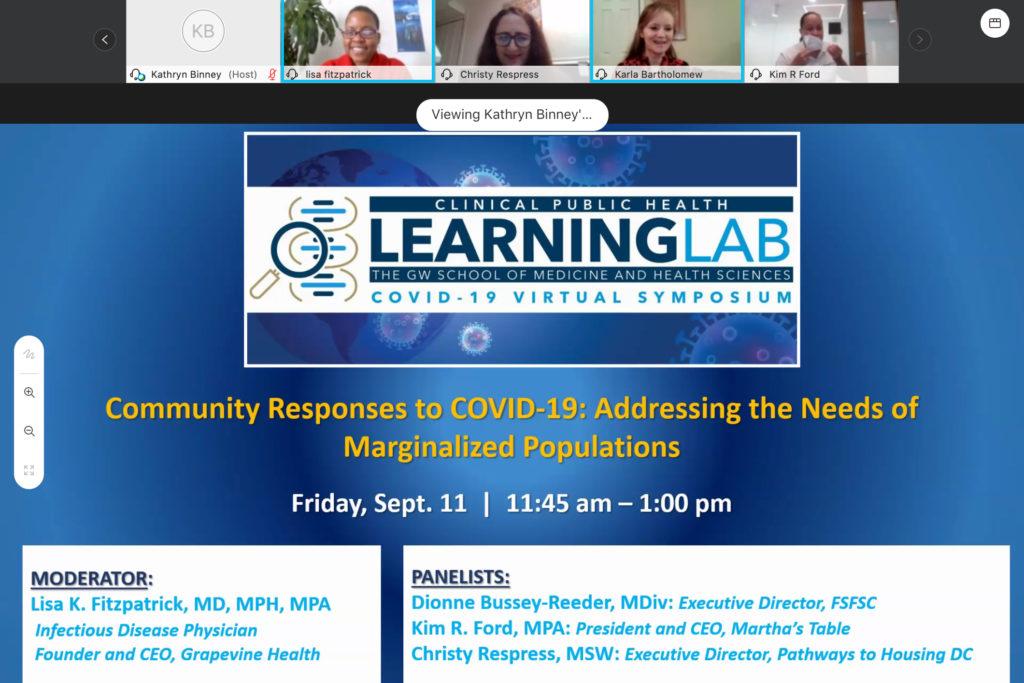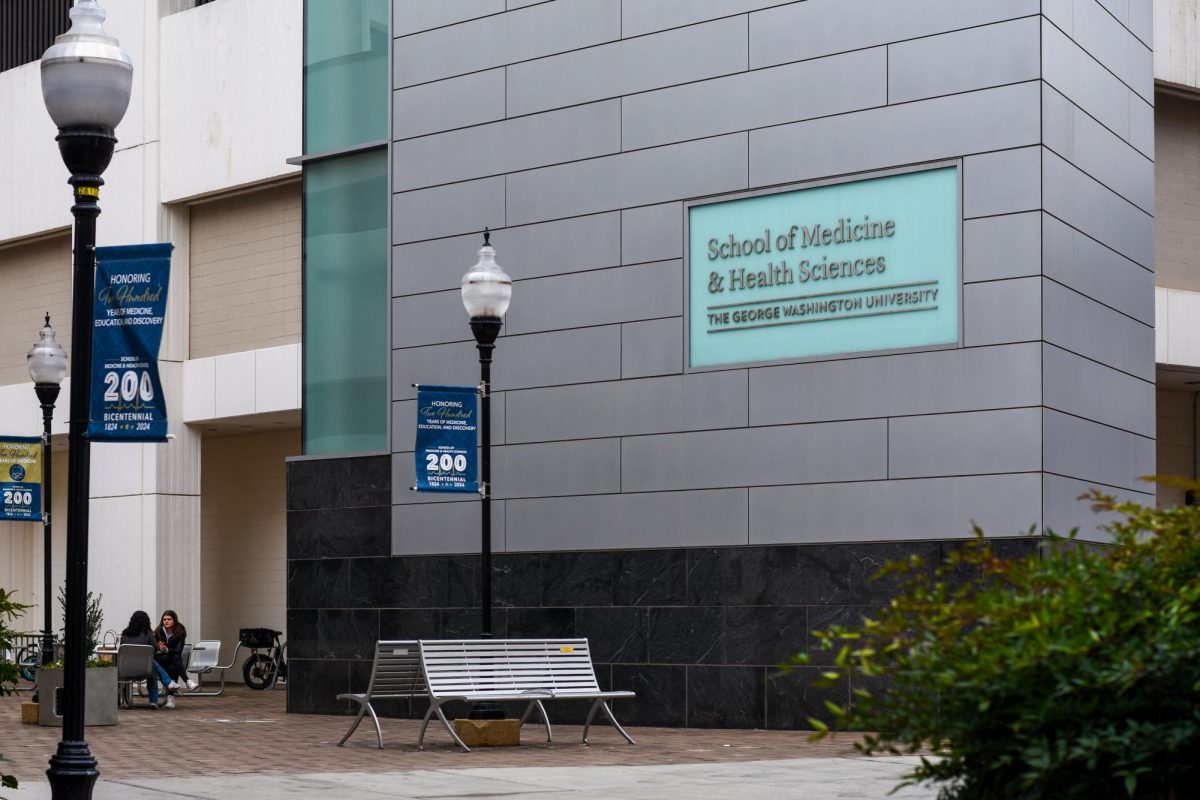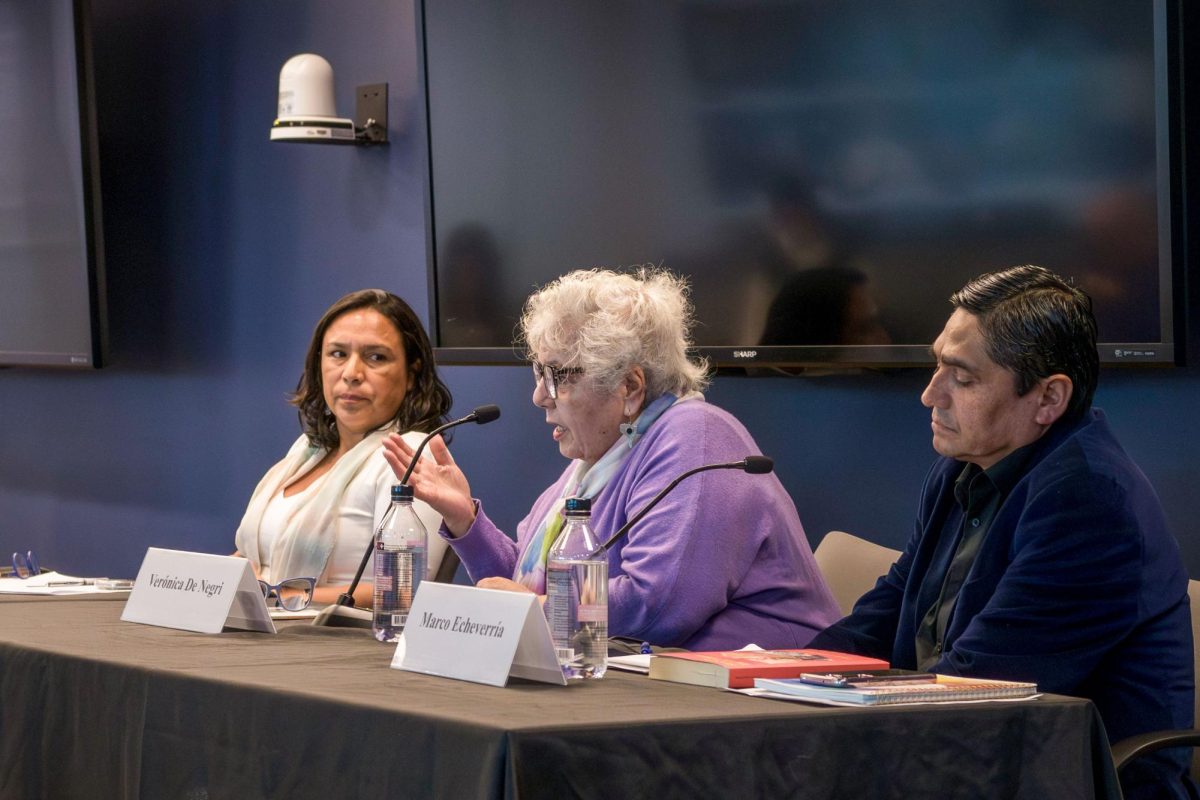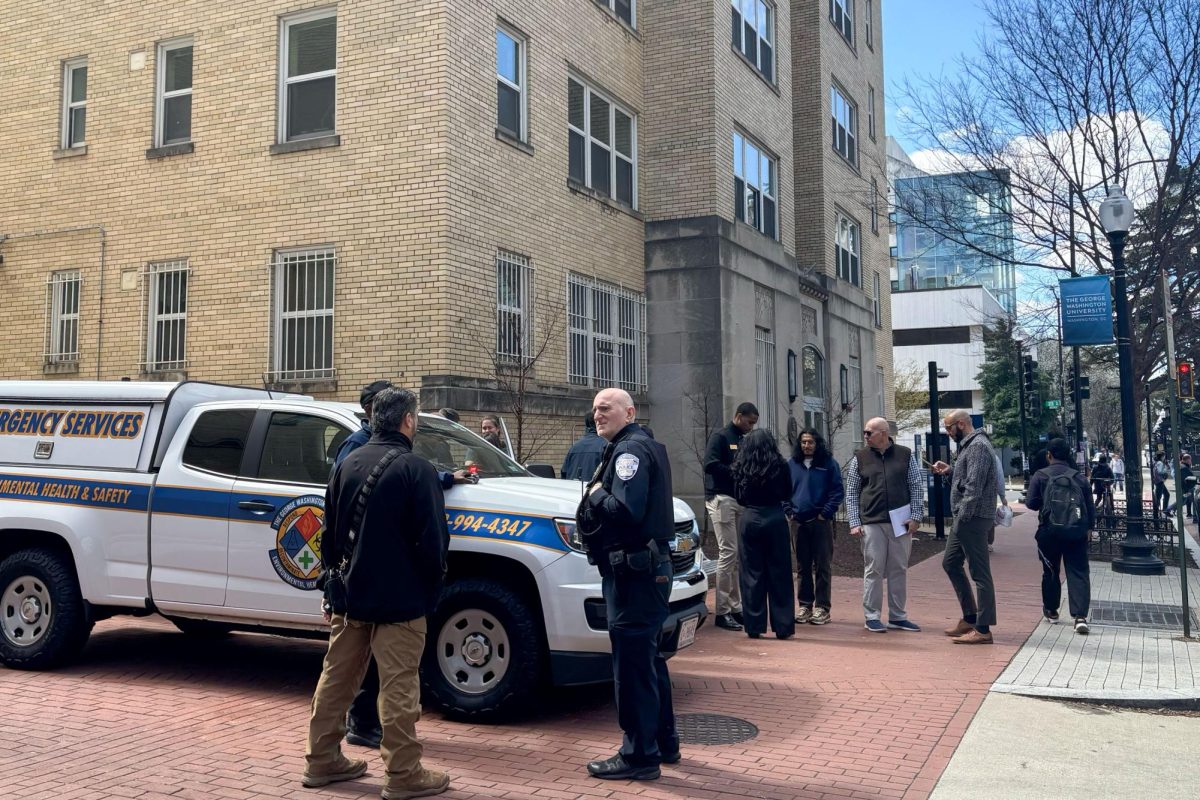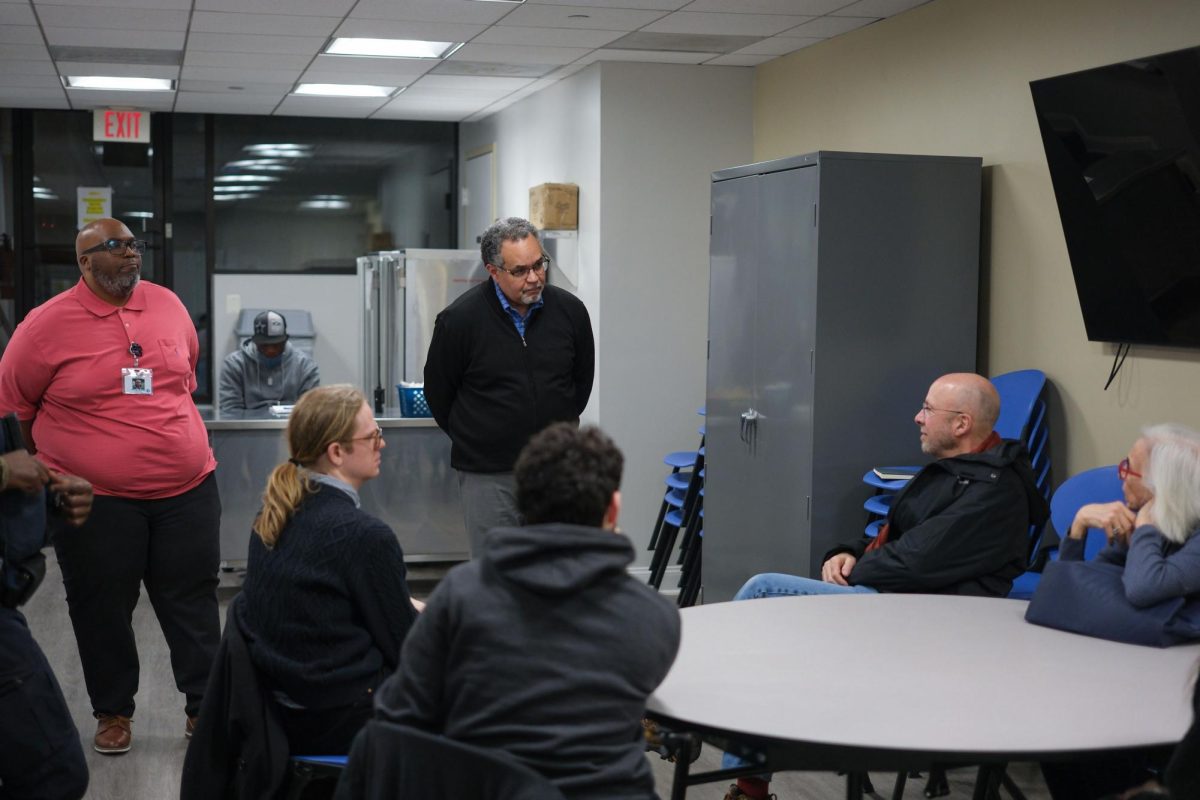A panel of D.C. community stakeholders and leaders discussed current challenges facing marginalized communities in the District due to COVID-19 on Friday.
The School of Medicine and Health Sciences hosted its third virtual “Clinical Public Health Learning Labs” educational series examining pressing health concerns and other related issues in the world today. The event was moderated by Lisa Fitzpatrick, a professor of epidemiology, and featured three leaders from local organizations who discussed COVID-19’s impact on D.C. communities and their organizations’ efforts to combat it.
Fitzpatrick said COVID-19 has uprooted many aspects of daily life, and the obstacles facing marginalized communities are greater than ever.
Kim Ford – the president and CEO of Martha’s Table, which supports increasing marginalized communities’ access to education and health and family resources – said her organization has had to change its approach to serving the community since the pandemic began. She said they turned their markets that had allowed locals to walk in and shop into a “bag-and-go model,” which now sees up to 2,000 bags of groceries a day.
Ford said COVID-19 has been hard on both her organization and those that it serves, but she knows she needs to provide and maintain trust with those she aids.
“You focus on the mission, you focus on the people and you just keep going even when it means that you’re ordering five times more than you planned for and certainly didn’t budget for,” she said.
Ford added that beyond the immediate health crisis, the pandemic has also widened the wealth gap and economic disparity many communities face, which has also contributed to other public health crises, like food insecurity.
“There’s a reason that your zip code determines your education level, your financial status, your health outcomes, your affiliation with the justice system, your environment and everything,” Ford said. “It’s all linked to money.”
Dionne Bussey-Reeder – the executive director of the Far Southeast Family Strengthening Collaborative, which develops and sustains relationships of residents and institutions in Southeast D.C. – said her organization has had to be “flexible,” and the pandemic has shown the need to address the root causes behind these overexposed communities’ hardships.
“I am a fourth-generation Washingtonian, and so I can say it,” she said. “We pushed poverty east of the Anacostia River and by doing so, what we created were systems that people felt that was as far as they can go.”
Bussey-Reader said issues of poverty, child care, public health and other socioeconomic issues are all tied together and exacerbated by COVID-19.
“One of the public health issues that we’re having in Ward 8 is really we are not able to meet the needs of the people,” Bussey-Reader said.
Christy Respress, the executive director of Pathways to Housing DC, which works to end homelessness in the District and support those with “complex” health challenges, said COVID-19 has not only heightened worries for those without access to long-term housing but also made efforts to help the community more challenging.
“We know social isolation is actually one of the biggest impacts on people’s health, and so it just adds on what is already a socially isolating situation for some people,” Respress said. “We’ve had to get really creative, as others are doing, on how to stay connected.”
Respress said there are many lessons COVID-19 has taught about public health like digital services and outreach and said there is now a wider effort for calls to action and supporting those in need.
“We can make dramatic system changes very quickly when motivated and when empowered,” she said.


